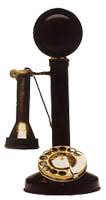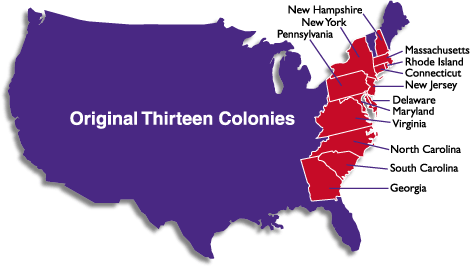Around 1858, the United States was divided geographically; North and South. The North and the South were different in ways such as based on there many religious, geographic, climatic, culture and, economic ways. The North was industrialized while the South was still dependent on agriculture and slave labor.
Back then, the country was so divided (North and South) by the issue of slavery. California when becoming a new state had to make a deal which was the Compromise of 1850. The Compromise was what allowed for new states to decide on their own if they wanted slavery, or not, through voting, or popular
sovereignty. Which than after had the South make a fugitive slave law, meaning slaves who escaped to
the North had to be returned to their masters.
Around this time, many southern states were seriously considering leaving the union, which was another word for United States. This is what they had called secession too.
Many people from the North hated slavery. Due to that many of them tried to help them, they were called abolitionists. They hated it so much they hid slaves in this little series of houses along to the route of Canada. They did this in order for them to be free. The route they went on soon became known as the Underground Railroad.
When
Uncle Tom's Cabin was published, the North and the South both reacted to it similarly. The book was written by Harriet Beecher Stowe telling the story of how slaves were taken to “slave markets” to be sold. It angered Northerners abolitionists, since they were the ones who were against slavery to begin with. The Southerners thought the book was a insult because it criticized their way of life.
Two politicians became famous because of their slavery debates. Those two politicians were Abraham Lincoln and Stephen Douglas. Lincoln and Douglas were men who were both against slavery. What made them different was Stephen thought that popular sovereignty people voting on what they want. While on the otherhand, Lincoln was a man who wanted to get rid of slavery completely no matter what anyone said because of how he believed slavery was against a person’s natural rights.
On December 20, 1860, the Southern slave state's secession from the union was due to the election of Abraham Lincoln. The South had saw it as the last straw them. After Lincoln’s election, the first state to secede was South Carolina, followed by the others.




